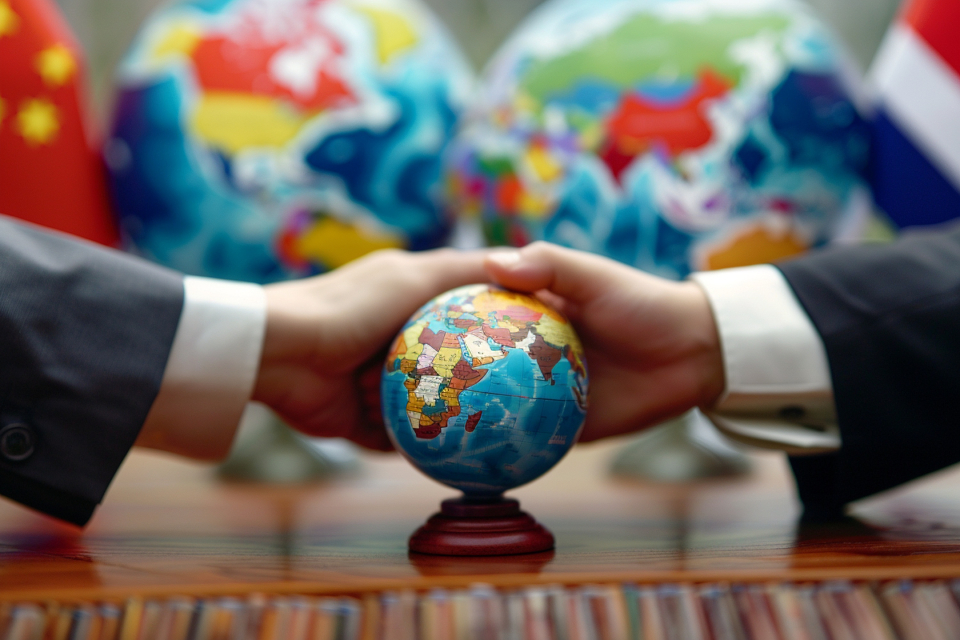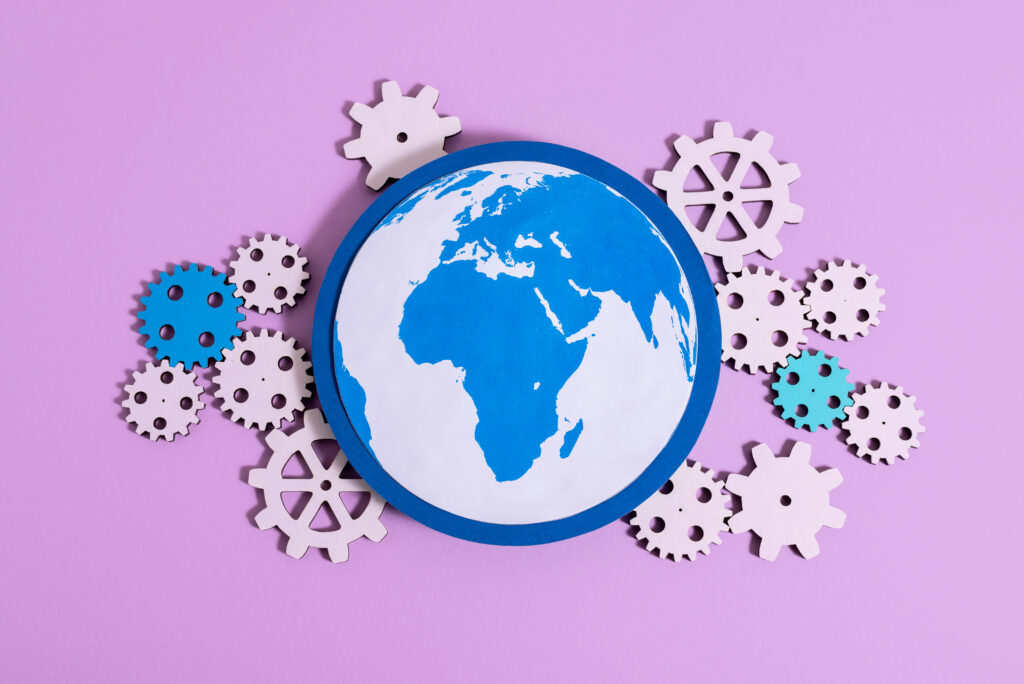Global Diplomacy in 2024: Major Shifts in International Relations
In recent years, we have witnessed a remarkable transformation in global diplomacy and international relations. The year 2024 brings even more changes and developments that profoundly impact how states interact with each other. From geopolitical upheavals to new alliances and global challenges—the international diplomacy sector is in a constant state of flux. In this article, we will explore the major shifts in international diplomacy in 2024 and analyze how these changes are affecting the global stage.
The Influence of Geopolitics on Diplomacy
1. The Rise of New Global Power Centers
In 2024, we are seeing a shift in global power centers. Asia has established itself as a central player in international diplomacy, particularly with China and India taking prominent roles. China has further expanded its economic and military capacities, exerting increasing influence on global affairs. The Belt and Road Initiative (BRI) from China has had a significant impact on infrastructure and trade in many countries, leading to a stronger economic and political alignment with Beijing.
India, on the other hand, has solidified its position as an emerging economic power and democracy. The strategic partnerships that India is forming with Western countries and other emerging nations enhance its role as a significant global player.
2. The Decline of Western Dominance
Traditional Western dominance, particularly from the USA and the EU, is showing signs of decline. While the USA remains a superpower, international challenges and domestic political tensions have impaired its ability to exert global influence. The electoral campaigns in the USA and political polarization have led to uncertainty in international relations.
The EU is also grappling with internal challenges such as Brexit and economic issues. These factors have limited the EU’s ability to pursue a coherent and unified foreign policy.
New Alliances and Partnerships
1. Strengthening Regional Alliances
A notable trend in 2024 is the formation of new regional alliances. Southeast Asia is experiencing increased cooperation among the member states of the ASEAN (Association of Southeast Asian Nations). These alliances aim to promote shared economic and security interests and establish a unified voice in the face of global powers.
In Africa, we also see growing regional integration. The African Union (AU) is working to promote free trade and political cooperation within the continent, leading to stronger regional unity.
2. Partnerships Among Emerging Powers
New partnerships are forming among emerging powers. Brazil, South Africa, and Mexico have begun to collaborate more closely and strengthen their roles in international forums such as the BRICS (Brazil, Russia, India, China, South Africa). These partnerships allow the emerging powers to collectively advocate for their interests and exert greater influence on global decisions.
Global Challenges and Their Impact on Diplomacy
1. Climate Change as a Catalyst for International Cooperation
Climate change has become a significant catalyst for international diplomacy. The 2024 UN Climate Conference (UNFCCC) emphasized the urgency of taking collective action to combat climate change. Countries worldwide have agreed on new climate goals and are working together to promote renewable energy and reduce emissions.
2. Global Health Crises
The COVID-19 pandemic has changed how countries collaborate during crises. The global health community has highlighted the need for a coordinated response to health crises. Countries and international organizations are working together to distribute vaccines and prepare for future pandemics.
Technological Innovations and Their Impact on Diplomacy
1. The Role of Digital Diplomacy
In 2024, digital diplomacy plays an increasingly significant role in international relations. Social media and digital platforms are being increasingly used to disseminate political messages, maintain diplomatic relations, and engage in international dialogues. This new form of diplomacy enables rapid addressing of global issues and reaches a broader audience.
2. Cybersecurity and International Collaboration
With the rise of cyber threats, states have started to collaborate more closely to develop and implement cybersecurity strategies. International agreements to combat cybercrime and promote cybersecurity are gaining importance.
Conclusion: A Dynamic International Landscape
The year 2024 demonstrates that global diplomacy is subject to a dynamic and rapidly changing environment. Geopolitical shifts, new alliances, and global challenges shape international relations. Asia and emerging powers are playing an increasingly important role, while Western dominance wanes. Cooperation in areas such as climate change and digital diplomacy will be crucial for the future development of international relations.
Understanding these changes allows us to better address the challenges and opportunities that global diplomacy presents in 2024 and beyond.




